Does The End Of Summer Mean The End Of Glamping For The Season?
When the light nights start to fade most people begin to put their camping kit away and forget about it until next season, but if your willing to put in a little effort, Autumn camping comes with its rewards. Visiting your favourite campsite out of season can mean you get the place almost to yourself, it's also a great time to visit tourist hotspots that you may want to avoid during 'peak season' If you're not quite ready to give up camping just yet, we look at some of the options for keeping warm.Get a Canvas Tent
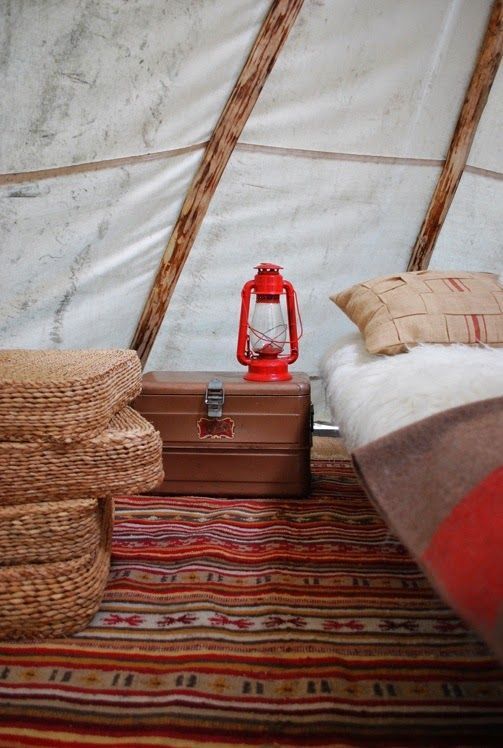
Cotton or canvas tents can be much better insulators than polyester tents.
Cotton is a breathable fabric, which means you'll find condensation becomes much less of an issue when camping out of season. When you first look to buy a canvas tent the most common canvas weight you'll see is 285 gsm, this is suitable for most leisure campers, even out of summer months.
If you think you will be a more frequent camper and out in all seasons, consider investing in a heavier more durable 360 gsm canvas tent.
If your budget will stretch to it, opt for a fireproof tent. The beauty of a canvas tent is that when treated well is that it will last for years and with the correct procedure you can also install a log burning stove.
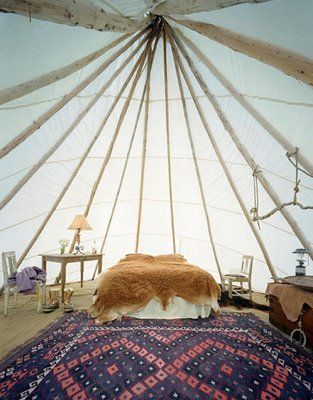
Invest in a warm floor covering.
Coir mats, can be bulky to transport, but once you're at your location they act as great insulation between the cold floor and your feet! Other ways of providing much needed floor insulation can include lots of scatter rugs, mats and flooring tiles. If you're looking for real luxury add a reindeer hide rug for a true Scandinavian retreat.Raise your bed.
In the cooler months it's especially important to raise your bed above the ground.
Hot Tenting
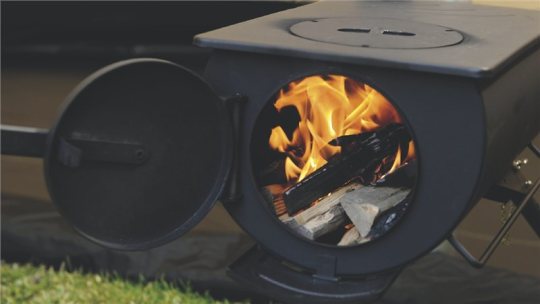
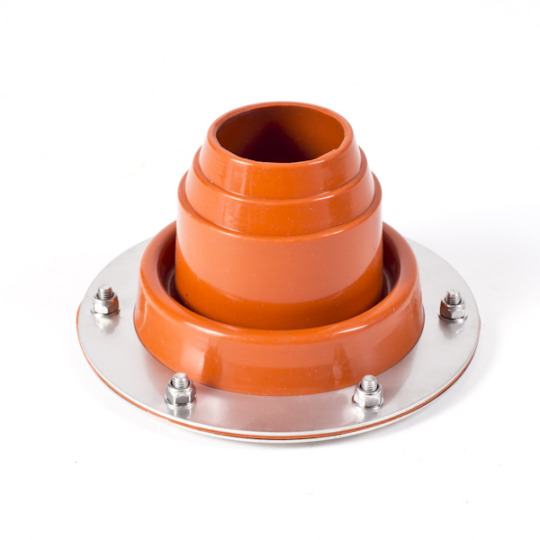
- Check if the canvas on your tent is rated as fireproof, people do use stoves in untreated canvas tents, but should take extra care.
- Put a fire guard around the stove if camping with children or pets as the stoves surfaces get very hot.
- Protect your groundsheet with a flame retardant heat mat, in case hot embers escape.
- A spark arrester on the top of the flue will stop hot sparks landing on the tent..
- Do not leave anything combustible near the stove
- Keep a fire extinguisher to hand.
- A carbon monoxide alarm inside the tent is recommended.
- Ensure your tent is well ventilated. Check that your tent has ventilation, designed to let the air flow through, so you have a constant supply of fresh air.
- Don’t leave your stove on through the night. It's not worth risking a lit stove over night. Get your bed warm and extinguish the fire before you go to sleep.
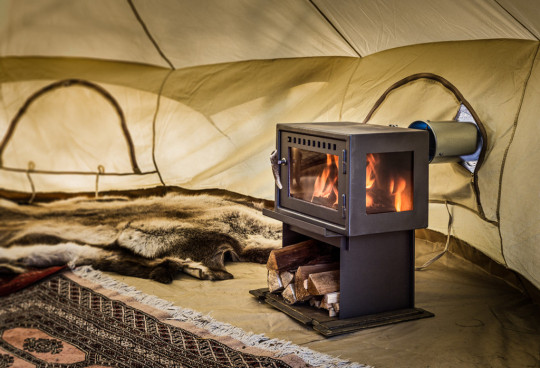
Electric Hook Up

Lots of tents nowadys include a small zipped flap where the cable can enter the tent, so cables can be brought into the tent without getting underfoot. This enables you to run either an oil filled radiator or depending on the voltage available at your campsite an electric blow heater.
The Camping and Caravan Club offer this advice to camper using electric hook ups.
'Electricity can be dangerous, especially in the damp conditions of a tent or in the open air. Used in the right way campers can benefit from mains electricity and, if they take the right precautions, they can do it safely. You must use a purpose-built lead designed for bringing electricity to your tent. These leads will have special weather-proof plugs made to connect to the sites hook-up. When you connect to the hook-up point, plug your cable into your unit first and then into the site’s bollard. That way you avoid carrying a ‘live’ lead to your unit. We recommend you use a cable length of 25m, because the layout of pitches means you can sometimes be pitched a fair distance from the hook-up bollard. However, if you’re closer to the bollard, you should still uncoil the full length of your cable, to avoid it overheating in use. Avoid using extension cables. If you need to, always use weather-proof connectors and keep the connection off the ground – to avoid water getting inside.'
http://www.campingandcaravanningclub.co.uk/helpandadvice/gettingstarted/campingequipment/electricity/










